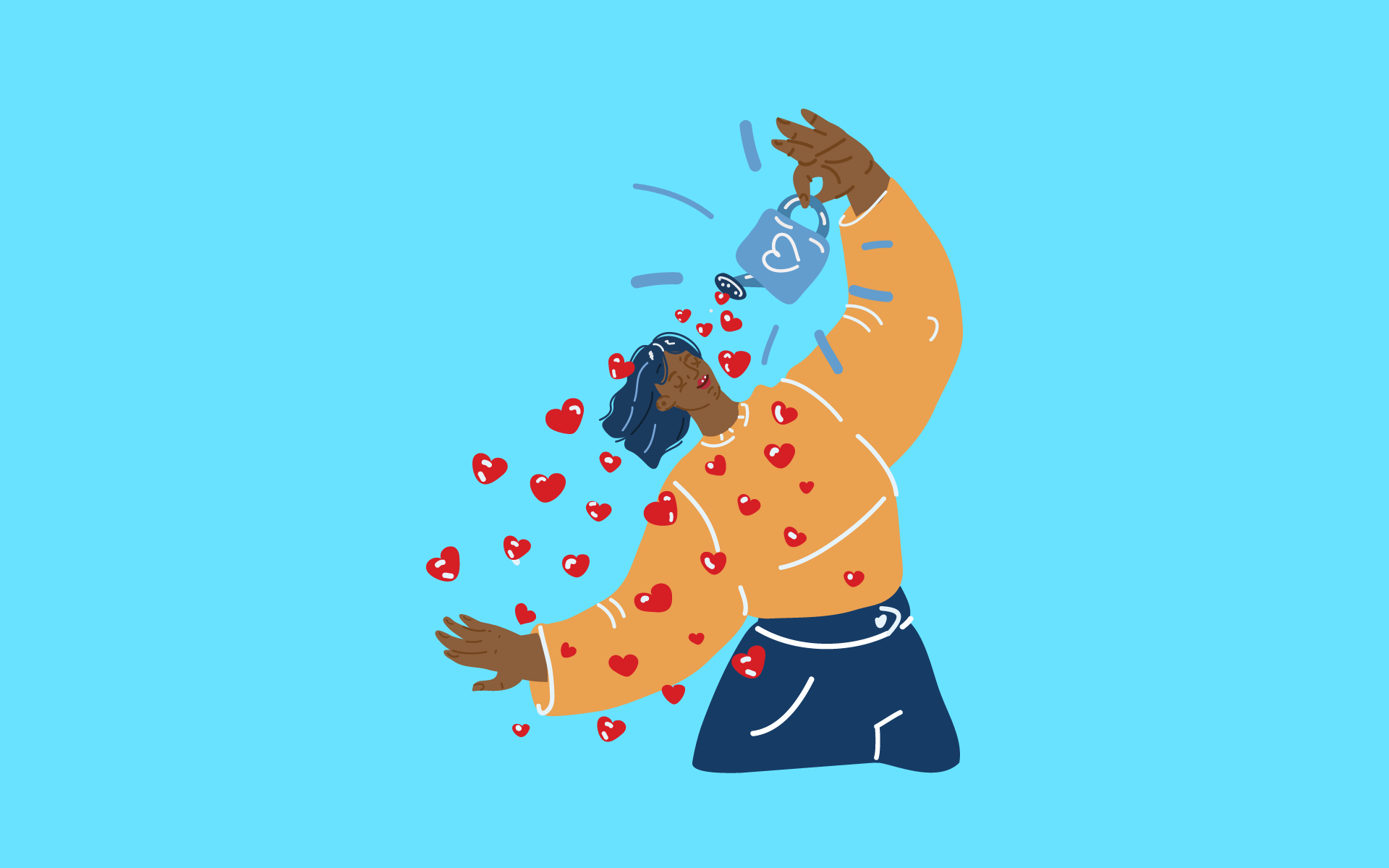For most of my life, I’ve worn the identity of nurturer and caregiver. My love has often taken the shape of self-sacrifice.
I’ve given of myself relentlessly, to my children, my parents, my community. I’ve poured my time, energy, and resources into the people and causes I care about. And for the most part, it has brought me joy.
Until it didn’t.
Last year, I entered a season of self-preservation. For the first time, I allowed myself to say, “Enough.”
Not out of bitterness or a lack of love, but because my soul whispered that I needed rest. It was a quiet rebellion, a way of teaching myself that giving must come from fullness, not depletion.
The clearest example of this came last Christmas. For years, my family had expected me to step into the role of organiser and project manager for our holiday celebrations. But last year, I couldn’t. I didn’t want to. My heart yearned for rest.
When my parents and extended family in Joburg kept calling to confirm my plans, guilt threatened to pull me back into old patterns. But I listened to my inner voice.
I stayed in Durban with my children and their dad, carving out a simple Christmas by the coast. We swam, cooked, read, gamed, and indulged in the sweet luxury of doing nothing. It was the first time in years that I felt I was truly honouring myself.
In choosing rest, I realised that learning to be “selfish” was a radical act of love, for myself and those I care about. It’s not that I stopped loving my family or valuing our shared traditions.
I began to understand that love rooted in sacrifice often leads to resentment, not fulfilment. Love should flow from abundance, not emptiness.
Looking back, I see a pattern in my giving. I’ve always wanted to make a difference, to be the one who shows up, hugs tightly, solves problems, and makes others’ lives easier. But when the act of giving drained me completely, I began to question the motives behind it.
Was I giving out of love, or was I seeking validation? Was I loving unconditionally, or was I hoping to be loved in return?
I don’t have all the answers. I’m still learning what it means to love without possession, to give without losing myself.
What I do know is this: love isn’t about martyrdom. It’s about showing up as a whole person, willing to share your light without extinguishing it.
Some days, this means disappointing others. It means saying no to roles and expectations that no longer serve me. It means acknowledging that I am enough, even when I can’t give as much as I used to.
I think of Oriah Mountain Dreamer’s words in The Invitation. “I want to know if you can disappoint another to be true to yourself. If you can bear the accusation of betrayal and not betray your own soul.”
This line cuts to the heart of what I’ve been wrestling with: how to love others deeply without betraying myself.
How do I nurture, give, and care for those I love while still honouring my dreams, happiness, and peace of mind? Is choosing myself an act of selfishness, or is it the highest form of self-love?
Maybe that’s what Oriah’s poem is really about. It’s not just about the courage to disappoint others.
It’s about the courage to choose yourself first, and to trust that the love you give from that place will be truer, freer, and more enduring.

Leave a Reply